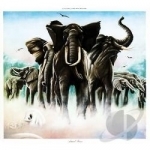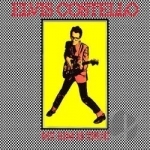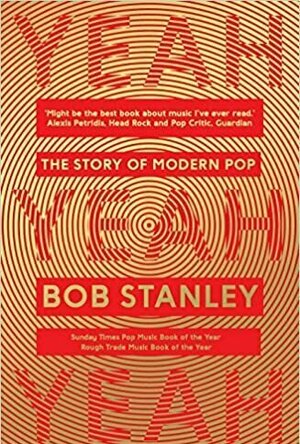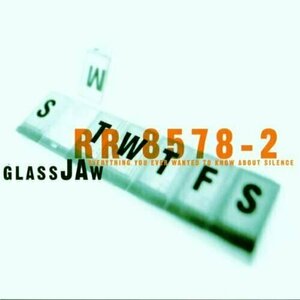
Everything You Ever Wanted To Know About Silence by Glassjaw
Album
For some people big is never going to be big enough. Take Long Island's Glassjaw, a band whose...
Martin Carr recommended track Oliver's Army (with Elvis Costello & The Attractions) by Elvis Costello / Elvis Costello & The Attractions in Armed Forces by Elvis Costello / Elvis Costello & The Attractions in Music (curated)
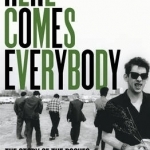
Here Comes Everybody: The Story of The Pogues
Book
October 1982: ABC, Culture Club, Shalamar and Survivor dominate the top twenty when the Pogues...
Brendan Benson recommended track (The Angels Wanna Wear My) Red Shoes by Elvis Costello in My Aim Is True by Elvis Costello in Music (curated)
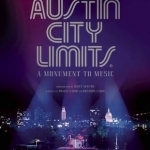
Austin City Limits: A Monument to Music
Tracey E. W. Laird, Brandon Laird and Scott Newton
Book
Honored as a "historic rock and roll landmark" by the Rock and Roll Hall of Fame and Museum, Austin...
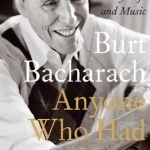
Anyone Who Had a Heart: My Life and Music
Book
Burt Bacharach is one of the most celebrated and legendary song-writers of the twentieth century....
Alexis Petridis recommended Yeah Yeah Yeah: The Story of Modern Pop in Books (curated)
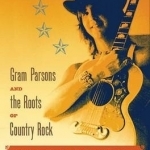
Calling Me Home: Gram Parsons and the Roots of Country Rock
Book
On September 19, 1973, Gram Parsons became yet another rock-and-roll casualty in an era of excess, a...
T Bone Burnett: A Life in Pursuit
Book
T Bone Burnett is a unique, astonishingly prolific music producer, singer-songwriter, guitarist, and...
